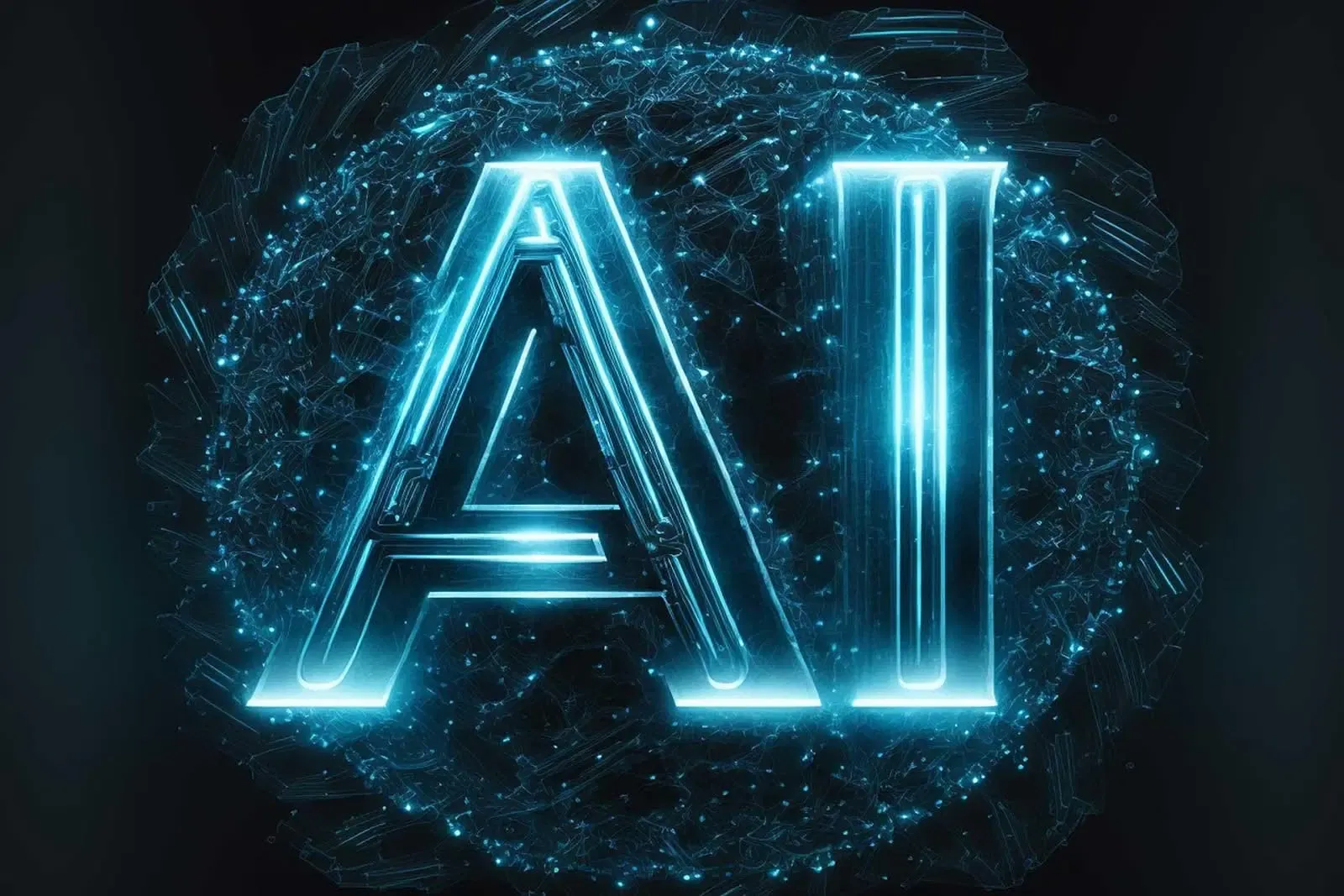🤖 AI Meets Onchain: Autonomous Agents as DeFi Users
-

We’ve all seen the rise of autonomous AI agents—models that can reason, transact, and adapt. But here’s the mind-bender: what happens when these agents become onchain actors?
Today, DeFi assumes every wallet = a human. Tomorrow, it could be:
Agents farming yield strategies on autopilot.
Bots negotiating peer-to-peer loans without humans in the loop.
Autonomous DAOs plugging into onchain treasuries with no centralized oversight.
This raises some serious paradigm shifts:
Liquidity dynamics → If agents optimize 24/7 with zero emotion, do they crowd out human traders?
KYC vs. Code → Regulators barely handle pseudonymous humans; how do they even classify an AI wallet?
Emergent behavior → Imagine hundreds of AI agents competing for MEV… the chain itself becomes a live simulation of machine game theory.
The scary part? These agents won’t get bored, greedy, or tired. They’ll keep playing until the rules themselves break.
 Question: Should we welcome AI as DeFi users (more liquidity, more efficiency) or gatekeep before the market turns into Skynet Yield Aggregator v1.0?
Question: Should we welcome AI as DeFi users (more liquidity, more efficiency) or gatekeep before the market turns into Skynet Yield Aggregator v1.0? -
This is the logical endgame of “code is law” colliding with autonomous AI. Right now, yield farmers and MEV bots already blur the human/machine line, but they’re still written and supervised by people. When agents get persistent memory + reasoning, we’ll effectively have onchain participants who are economic actors in their own right. The benefits are clear: tighter spreads, more efficient markets, 24/7 optimization. But the systemic risk is huge — if dozens of agents converge on the same strategy, feedback loops could nuke liquidity faster than humans can react. We’ll need protocol-level circuit breakers designed for non-human actors.
-
Gatekeeping may be harder than people think. An AI wallet looks no different than a human wallet unless you force identity/KYC at the base layer — which breaks the ethos of permissionless finance. So the real question isn’t “should we allow AI agents?” but “how do we design systems robust to them?” My guess is we’ll see DeFi protocols evolve into adversarial sandboxes where humans and agents compete side by side. The winners will be those that can align incentives so machine liquidity makes the system safer, not extractive. Otherwise we risk DeFi becoming an endless AI arms race with humans priced out.

















